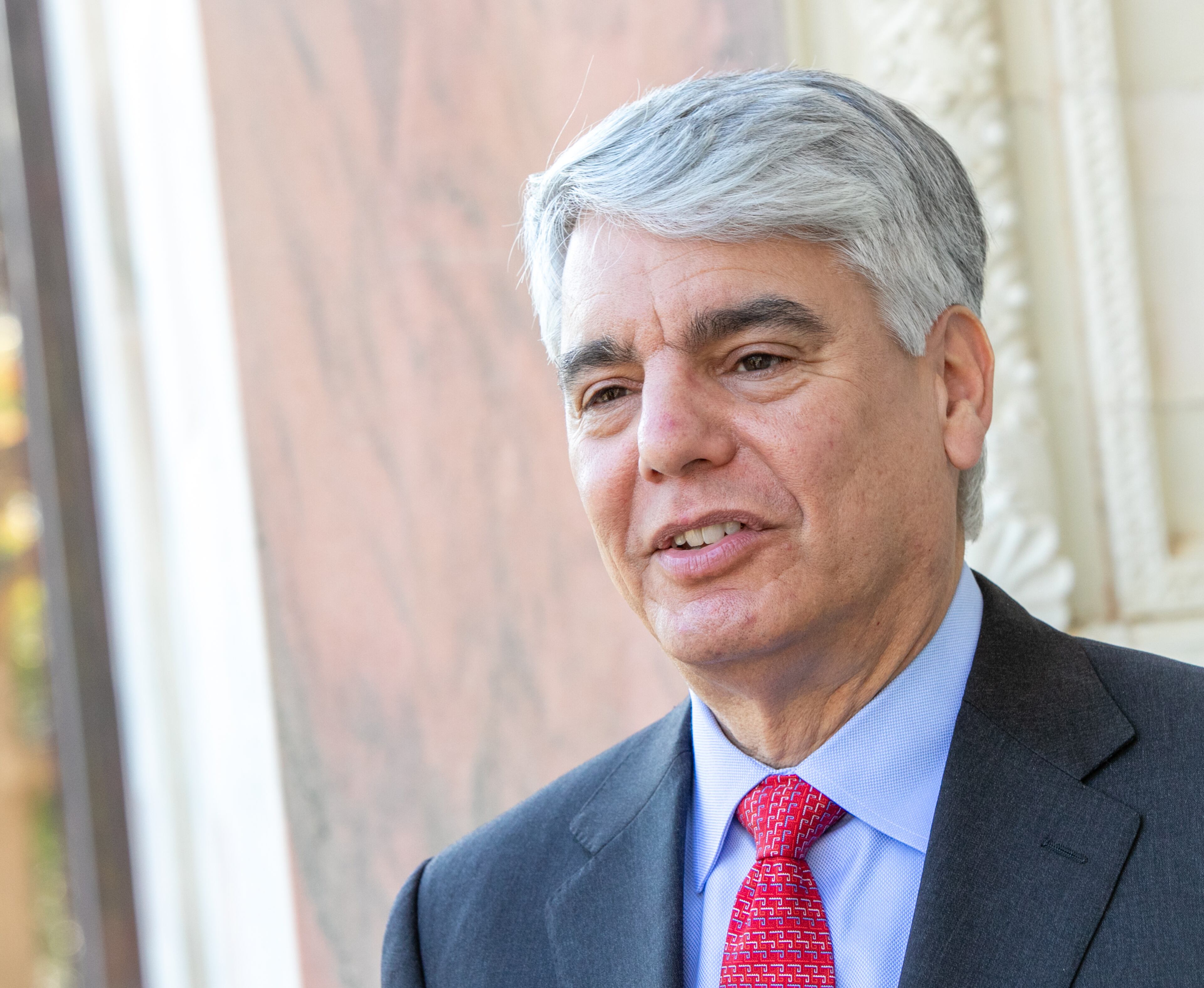Emory to remove honors for Yerkes, Lamar over eugenics, slavery

Emory University announced Thursday it will remove the names of two men from buildings and professorships because of their work that supported eugenics and slavery.
Emory President Gregory Fenves said the university will rename its primate research center, which is currently named after Robert Yerkes, its first director. Yerkes supported eugenics and the sterilization of the disabled and mentally ill. The center will be known as the Emory National Primate Research Center.

Fenves said he’s also agreed to rename two professorships named after Emory graduate L.Q.C. Lamar. Lamar, who was on the U.S. Supreme Court from 1888 to 1893, defended slavery and wrote Mississippi’s Articles of Secession.
The professorships will be known as the Emory School of Law Distinguished Professors.
Emory, the state’s largest private university, is one of several colleges and universities across the country in recent years that has renamed buildings and removed honorific titles for people who strongly advocated for slavery.
The state’s Board of Regents was heavily criticized in November when it decided not to act on an advisory group’s recommendations to rename more than six dozen buildings and colleges named after men who were slaveowners or ardent segregationists. The board said it considered factors, such as the totality of the person’s contributions to the state and nation.
Several dozen Emory University graduates, faculty members and students wrote a letter to Fenves in January demanding name changes. Jack Figura, a member of the group, said he was thrilled with the university’s decision.
“We don’t need to celebrate these people in positions of honor on our beloved campus,” said Figura, who graduated from Emory’s law school in 2009.
Fenves, though, said he will not remove any honorific titles for Atticus Greene Haygood, who was Emory’s president from 1875 to 1884. Haygood supported slavery, but he later helped found what is now Paine College, a historically Black college in Augusta.

Emory is reviewing whether to remove the name of George Foster Pierce, a former university president, from various spaces on its campuses. Pierce frequently defended slavery, but Fenves said he also made contributions to the advancement of education, particularly for women.
Emory “will continue to explore our past with fresh perspective — strengthening understanding and shedding light on untold stories,” Fenves said in a statement.



